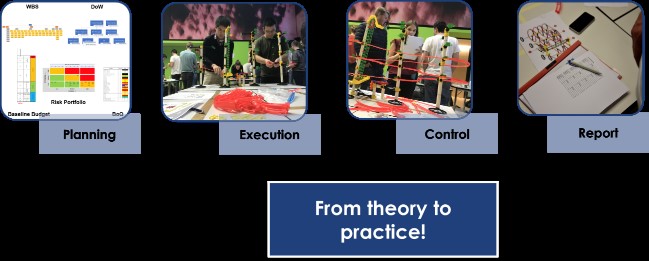Project Management for Construction Projects
Many ETH graduates have several issues when working in a major project team: They do not understand what a project is, what the components of the project are, what tools to use, the project vocabulary, and even what the basic goals of a project should be. Basic team skills such as organization, coordination, division of work, team management, goal setting, schedule management, etc., are lacking as well. This Project Management Course attempts to give the students a sample of what a real project is like, by setting roles within their team and giving them clear goals and deadlines. They constantly apply every concept that is being taught in the classroom onto their semester project.
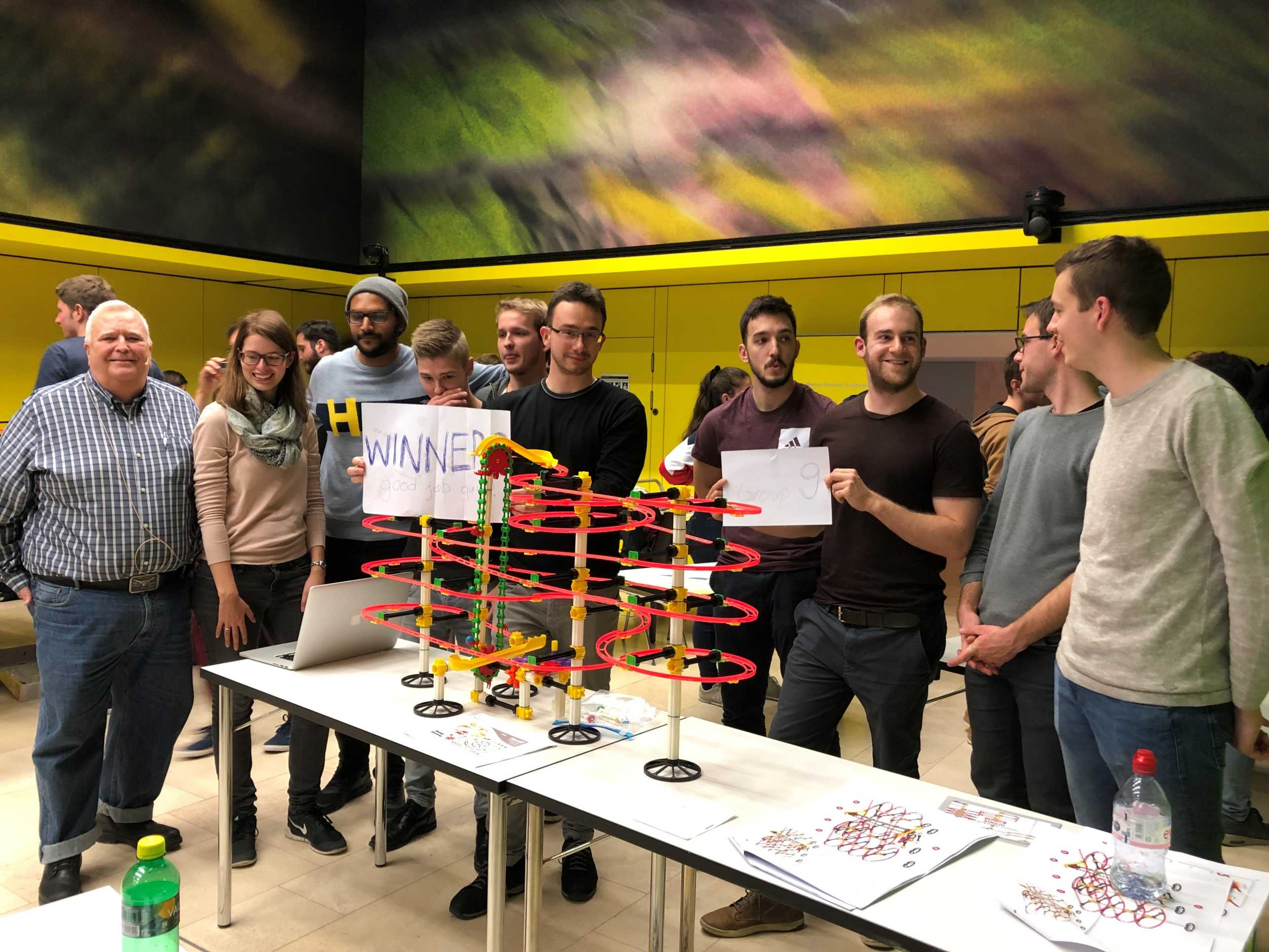
Keywords
Course description
Project description
In order to achieve the goal, a two-phase course was designed. The first phase consisted of theoretical lectures, where the elements, language, and tools of project management were discussed. All theoretical elements were given practical examples via “storytelling”. With many years of Project Management experience, finding a story to explain the concept, clearly was not an issue.
The second part of the course was a project. This unique project has all the elements of a real-life construction project such that the student in teams would apply all they learned in the lectures. Using a project to solidify the knowledge and skills considered critical a course that is teaching practical knowledge. Knowledge is then understood in a unique manner, skills are directly applied and the course then becomes sustainable.
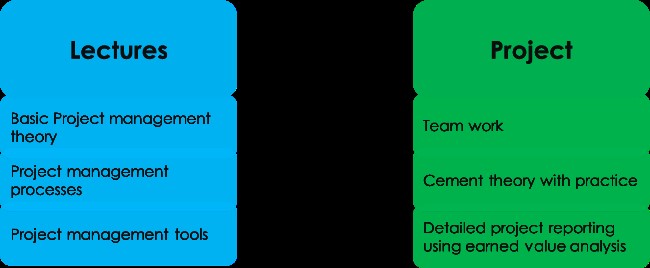
The main topics covered during the lecture focused on giving the students an overview of all the critical aspects of a project, every topic was taken with a practical approach, talking about its real use on projects and using class exercises and activities to reinforce the contents taught.
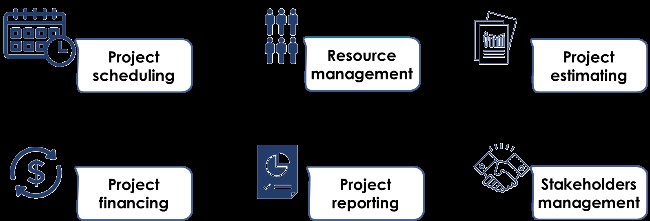
The class project permitted the theory to become practice, the whole lifecycle of a project is covered and reviewed. In simple terms we could say that the planning phase of the project is what the students work on through all the semester; and, they execute, control and report on the day that they build Skyrail.
Every element of a real construction project is used, engineering, detailed planning (WBS, baseline schedule, baseline budget, resource loading, layout planning, etc.), quality control and Earned Value reporting.
Skyrail is a marble run toy and the way it is administered gives a solid understanding of a project and solidifies everything learned in the lectures with a very practical application. On the day when the students get to build Skyrail they are on a competition to be the first team finishing the project. They are giving a set of rules, the most important being that their execution phase needs to be based on the planning they have prepared.
To resemble the actual execution of a project, the construction is divided in sets of 10 minutes to build and 5 minutes to report, the students follow their construction schedule for 10 minutes and then they are stopped for 5 minutes to report to the teaching staff their progress and their mitigation measures in case of a delay or any other issue.
A critical aspect of this process is that they are recording their lessons learned, such that they can reflect on what was right and wrong during the project. This is a critical aspect for any project (not restricted to construction), and the students get to experience their value in this dynamic and potentially they will apply it in future projects.
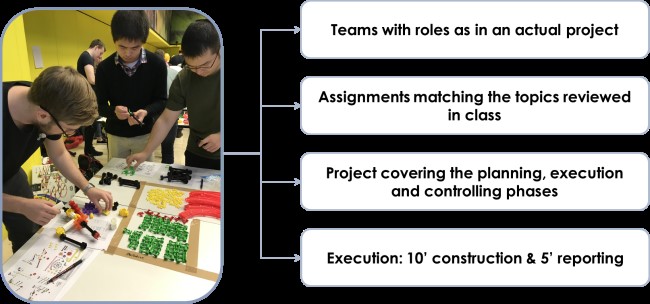
By combining the lectures and the project, the deliverables described in the image below are expected. The method being used to teach these topics allow the student to not only learn how to produce the documentation mentioned but to understand its value and why it is important to have it during the execution and control phases of a project.
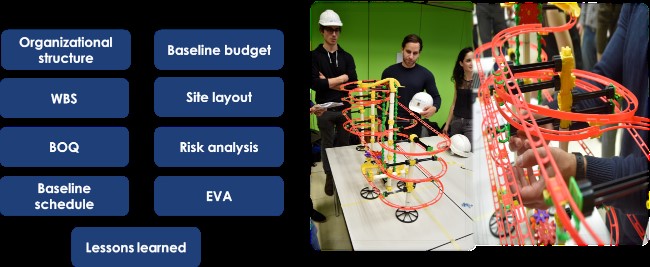
Combining Theory with Practical experience gained by building a project as a team builds the knowledge and the skills required in the student's next role. Embedding a project in a lecture course is instrumental in retaining knowledge, skills and it greatly promotes the sustainability of the course.
Video
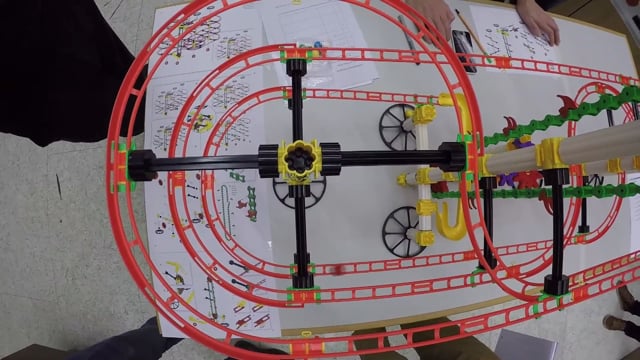
Contact information
Contact
Deputy head of Dep. of Civil, Env. and Geomatic Eng.
- Location location_onHIL F 24.3
- Phone phone+41 44 633 27 38
- emailEmail
- web_asset Website
- contactsvCard Download
Inst. Bau-&Infrastrukturmanagement
Stefano-Franscini-Platz 5
8093
Zürich
Switzerland

